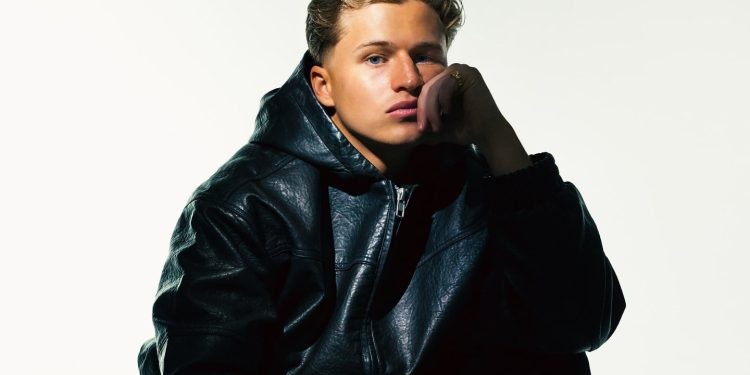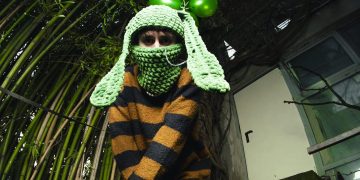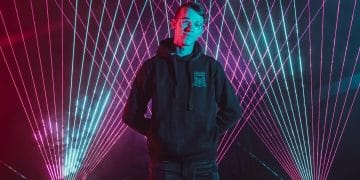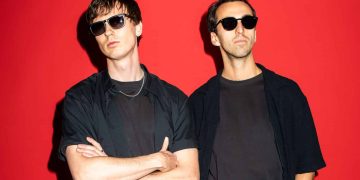Australian bass artist LÂLKA dropped by to chat about the intersection of her heritage and sound, the challenges of women in electronic music, and what future club music means to her.
Never ceasing to breathe new life into electronic music, Borneo-born, Meanjin-based artist LÂLKA is moving to the beat of her own drum. The classically trained talent has a knack for incorporating intricate melodies into a glitchy hyperpop and infectious bass sound to elevate her music beyond mainstream electronic music. Coupled with her personal stories, her music exudes a raw energy that powerfully reflects her life experiences and identity as a queer woman of color.
LÂLKA’s latest release, “Yuh,” is an example of how she combines a rich, multicultural sound with an unconventional rhythm to create a futuristic trap soundscape packed with thought-provoking verses in the lyrics. This blend of contemporary production and her cultural heritage offers a meaningful theme within the song to invite listeners to reflect on some of the most pressing social issues.
The dismissal of women’s anger as ‘crazy’ or ‘emotionally unstable’ is a pervasive form of gaslighting that serves to invalidate women’s experiences and emotions, a tactic used to undermine their credibility and maintain existing power dynamics.
LÂLKA
Using traditional Chinese music elements, LÂLKA repeatedly echoes, “You think I’m f**king crazy. I’m just f**king angry” in the chorus. The jagged beats and intense synth reflect her tumultuous feelings of being gas-lit as a woman, creating a palpable tension that is emotionally resonant with her experience.
With an upcoming EP due later this year and so much more to her story than her latest release, we caught up with LÂLKA to chat about her unique background and how her experiences have shaped her artistry. We also discussed her vision for future club music and how she aims to create a more inclusive and innovative culture for the fans. Continue reading to learn more about her journey, and give “YUH” a listen on your preferred platform.
Stream LÂLKA – Yuh on YouTube:
LÂLKA, thanks so much for chatting with me today! You have a fascinating background that truly caught our attention. As a classically trained music producer, how has that influenced your approach to producing electronic music with an avant-garde sound, almost like a fusion of dark basslines, soaring synths, and playful chaos?
I don’t consciously or deliberately lean into my classical music background when creating electronic music, but I’m sure that the accumulation of knowledge and experience finds its way into how I make music. One example is my understanding of harmonic language. I’ve played piano since I was five years old, but now I try to write away from the piano to push myself instead of relying on something familiar.
As a string player, I understand what phrases or melodies sound good on string instruments, so it’s no surprise that violins and cellos feature heavily in my work.
Congratulations on the release of your latest single, “Yuh”! The song blends trap and traditional Chinese music elements in a unique way. What inspired you to merge these two distinct musical styles into one sonic realm?
I’m a huge fan of bass music, and I was drawn to the interesting timbres of traditional Chinese instruments. The accompanying visuals for the lyric video were inspired by the old Chinese movies my Ah Kong (grandfather) used to watch on TV when I was a kid. The graphic novel that comes with *Yuh*, which I illustrated, has a storyline set in Ancient China and borrows from manga culture too.
We understand the lyrics in “Yuh” offer strong social commentary on dismissing women’s anger as “crazy” or “emotionally unstable.” What motivated you to address this theme in your music?
Personal experience. I’ve been gaslit way too many times, and I think it’s a common experience for many women. While women often get gaslit by men, the gaslighting can also come from other women. The line “That’s what your mama said” is a dig at mommy’s boys. You know the type—the men who don’t stand up for their partners because their mama is controlling, coercive, or manipulative.
How do you feel your perspective as a queer woman of color, along with your cultural heritage, has shaped the music you create?
I think it comes across clearly in both my musical style and visual aesthetics. Very early in my career, it became evident that the queer community resonated with my work—without me trying deliberately. I think the queer community recognizes the sincerity and uniqueness that comes through. A lot of my visuals are catered to the female gaze, as opposed to the sexually charged straight male gaze.
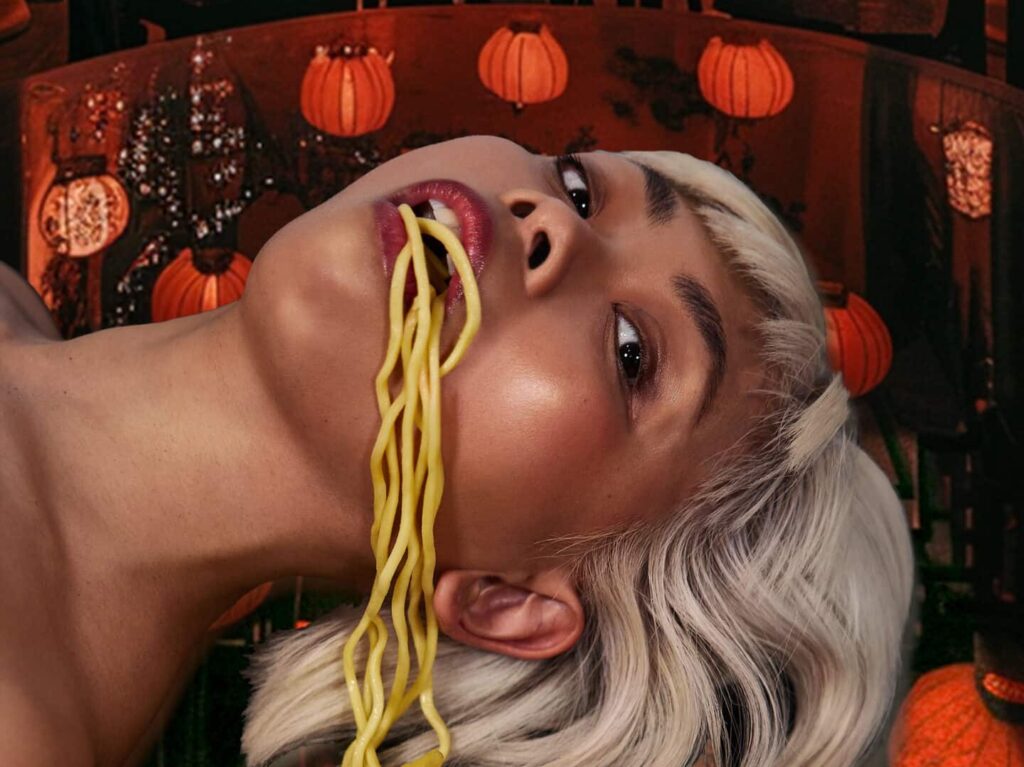
You described your music as “what future club music sounds like.” Can you elaborate on your concept of modern club music and how you envision its evolution? How do you incorporate your vision into your own music?
I call my music “future club music” because it’s something that mainstream listeners and media haven’t caught up to yet. Mainstream club/electronic music seems stuck in the 2010s, but curious listeners in the underground dance scene are craving new, exhilarating sounds. There’s also a sense of fatigue from seeing the same legacy DJs on festival stages. Audiences are seeking experiences with more connection.
With this in mind, I’ve designed a pre-release party for my fans on November 2 in Melbourne, where they can experience the music immersively before it comes out on streaming platforms. They’ll get to watch and listen to me perform the music in a 360-degree live set. I’ve also crafted a set that includes live instrumentation despite my music being purely electronic.
I’ve re-produced the music to make the live listening experience more dynamic—after all, what’s the point of attending a live show if it sounds exactly like the record? People might as well stay home and listen on Spotify. Because visuals are such an integral part of my music, I’m also creating imagery to sync with the music. This is my attempt to showcase what future club music sounds and feels like.
When it comes to your production, what’s your go-to process when starting a new track? Do you begin with a concept, a sound, or a specific feeling?
A vibe. Not necessarily an emotion, but definitely a mood.
We hear you’re releasing a new EP, which is very exciting! Can you share more about what fans can expect from this project and what’s next for LÂLKA in terms of milestones?
The EP is called *Willfire 志火*. It symbolizes the fiery passion and determination that drive me to create intense, club-ready beats. It also represents the powerful energy that propels dancers on the dance floor, igniting their spirit and getting them lost in the music. It is truly future club music.



